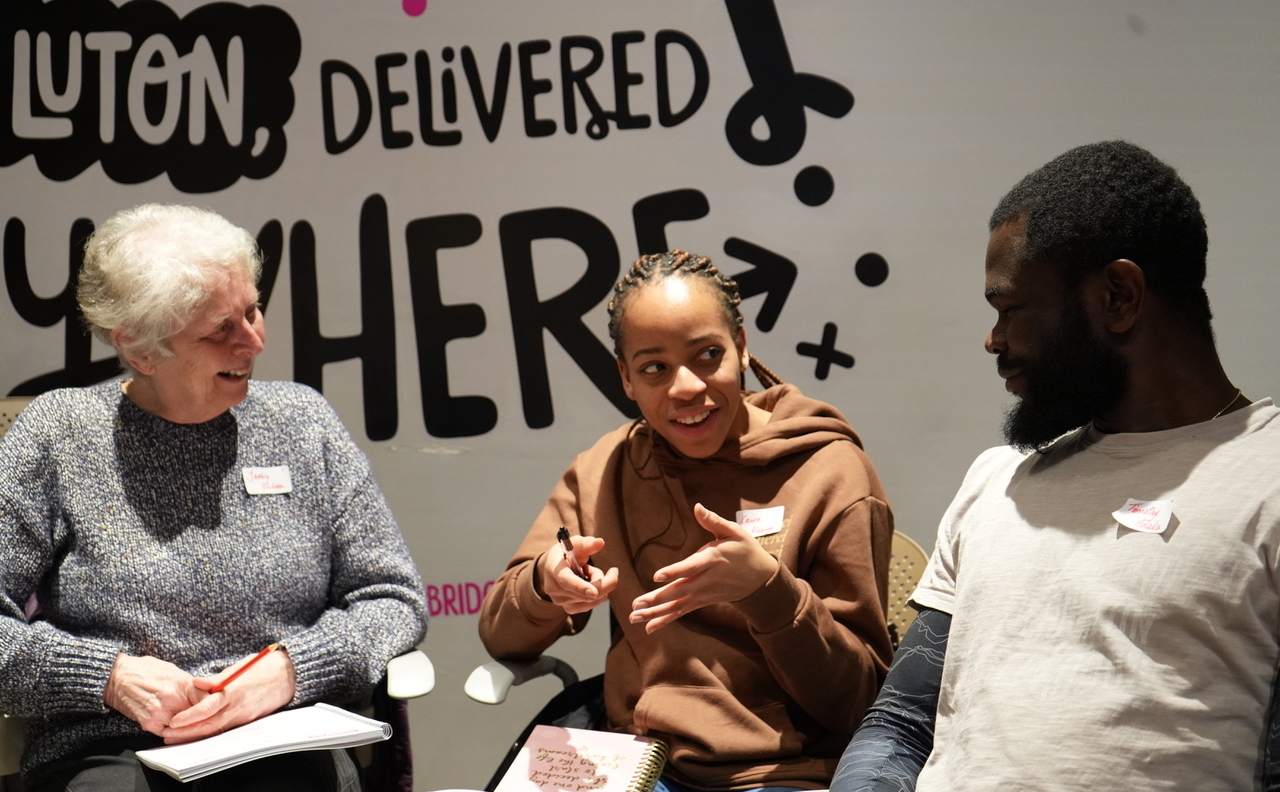Read / Feature
Four priorities to nurture young disciples
Chris Curtis, CEO of Youthscape, outlines some key focuses to help the Church grow its work with young people.
Chris Curtis, CEO of Youthscape, outlines some key focuses to help the Church grow its work with young people.

Your teenage years are like no other period in your life. Your brain is literally rewiring itself in ways that will shape your behaviour for the rest of your life. Your unique sense of self is forming, as you pull away from the orbit of your family. Then there’s exams, social media, and whether you made it onto the school football team. Do you remember what it’s like to be fourteen?
And then there’s church and Christian faith.
For many teenagers, those years are when it all falls into place – or falls apart. Get it right, and you are building faith that will last a lifetime. Ask an adult Christian for their testimony and odds are it will start with what happened to them as a teenager.
So what helps a young person forge a deep faith – one that will not only navigate the challenges of adolescence but set them up for a life of following Jesus? Turns out there are four things that really matter.
1. Hands-on discipleship
Discipleship is more practical than theoretical. The disciples said to Jesus ‘teach us to pray’. Not tell us, show us how! Young people are the same. They need help on how to ‘do’ faith not just learn ‘about’ it. Prayer is a good place to start. Make it a habit now and it will be at the heart of their spiritual lives for decades to come. What time of day works best for them? Have they tried prayer as urgent intercession or silent meditation? Do they always use their own words or have they discovered the richness of liturgy? Introducing young people to the many forms of prayer and actually showing them how it works – that’s discipleship that really makes an impact.
2. Intergenerational discipleship
Youth work has often tended to take young people away from the main congregation to a room somewhere out the back of the church. Which works, only up to a point. Teenagers also need to see what faith looks like in adults, from their twenties right up to their nineties! Find ways for young people to engage with older generations and learn what faith looks like as you become an adult. Have different adults within the church visit the youth group and share their stories. Think how encouraging it would be for the adults in your church to hear young people talk about their faith.
3. Discipleship as service
The 12 disciples were likely no older than teenagers, and Jesus didn’t hesitate to send them out to put their faith into action. They were distributing bread and fish to thousands of people, going from village to village proclaiming Jesus as Messiah and even doing miracles in his name. That makes the average youth group feel a bit tame! But those acts of service are often when your faith becomes real. That might be a practical project in your neighbourhood or a short-term mission trip to Europe. It’s in serving others that young people’s faith will be formed.
4. Real world discipleship
Faith has to make sense in the real world. It’s a vital step of discipleship to help young people apply their faith to their lived experience, even if there aren’t always easy answers. What does our faith have to say about your aunt being diagnosed with cancer, the climate crisis or why there’s so much inequality? Does Jesus have anything to say about TikTok? Young people are just becoming aware of the complexities of the world. They need to see how faith fits into it. These are not questions to be awkwardly avoided else they’ll resurface as a crisis of faith later on – tackle them head on and talk them through. Doubts and questions about God are not signs of a young person faltering in their faith but figuring it out.
Find out more about Youthscape, a national charity helping the church grow their work with young people.